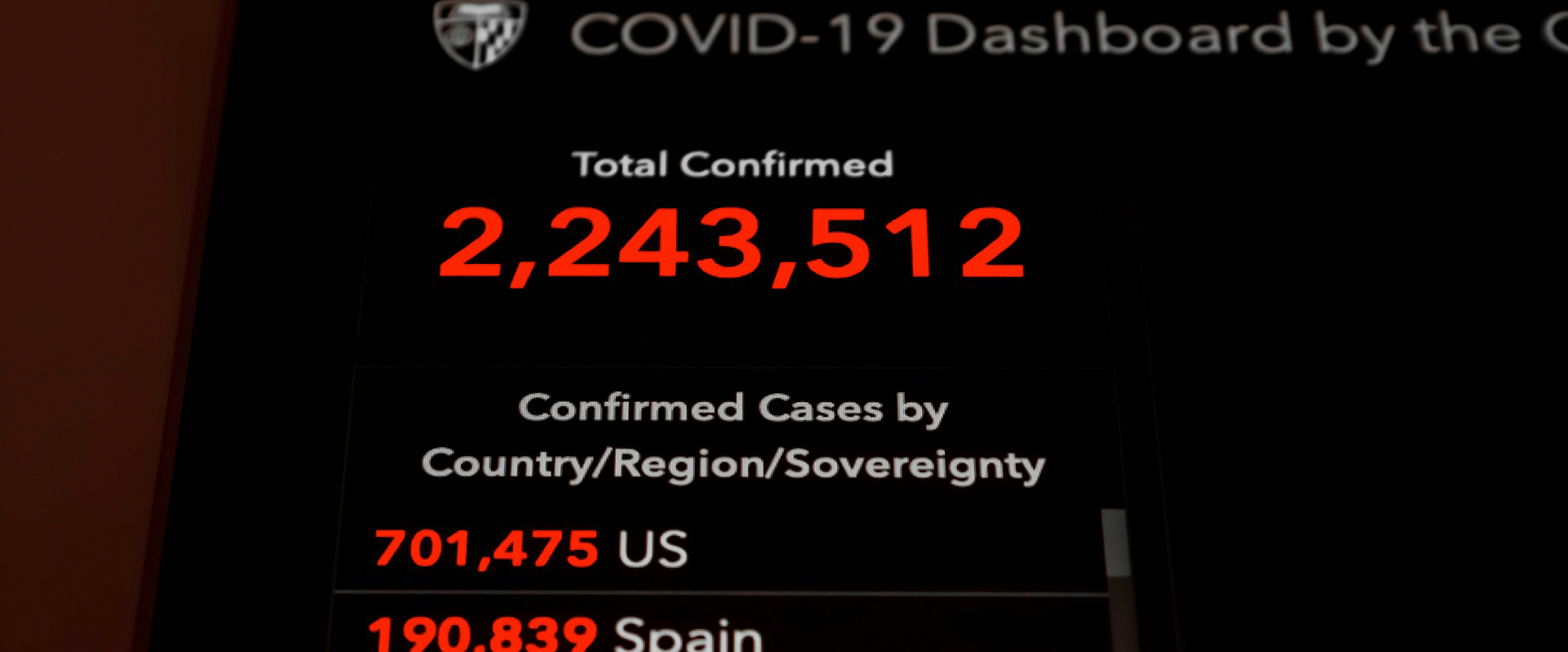Current Research Projects

Assessing the Effects of the Infrastructure, Investment and Jobs Act (IIJA) on High-Speed Internet Access, Digital Equity, and Community Development

Broadband and Student Performance Gaps After the COVID-19 Pandemic

Human-Centered Infrastructure Design and the Future of Rural Digital Connectivity

Digital Innovation Policy

